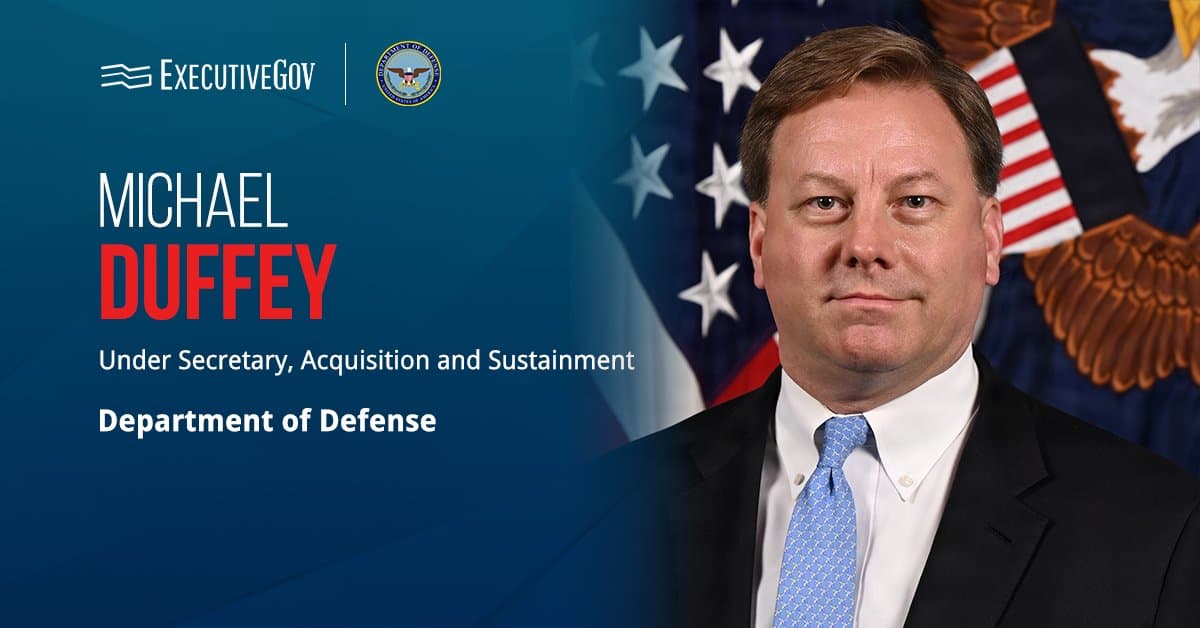The Department of Defense is pushing to accelerate weapons procurement but Michael Duffey, under secretary of defense for acquisition and sustainment, clarified in a report by Breaking Defense that speed will not override other factors, such as cost and performance.
“We’re continually going to be dependent on the judgment of program leaders who are executing these programs to understand where does the need for speed balance with the risk that we would undertake [for the] cost and or performance of the system,” the official said.
How Will the Pentagon’s Acquisition Overhaul Work?
The DOD has been making changes to its acquisition enterprise, disestablishing the Joint Capabilities Integration and Development System and shifting from program executive offices to portfolio acquisition executives.
Each PAE will be in charge of balancing funding allocations to different priorities with trade requirements, Duffey explained.
“There’s certainly no question about the emphasis on speed, but recognizing that there’s a need for judgment and flexibility in that triangle of cost, schedule, performance,” he added. “One thing we’re doing around here nowadays is we’re now saying ‘schedule, performance, cost’ instead of ‘cost, schedule, performance,’ just as a way of emphasizing the fact that speed is priority amongst us.”
The Pentagon also recently released a 39-page strategy document that would eliminating the Analysis of Alternatives, or AOA, and other similar studies. Lawmakers use AOA for oversight and to support funding decisions.
The strategy document explained that the process of AOA takes a long time and called for a faster way to assess commercial technologies and competing prototypes.
Duffey also said exceptions will remain for large-scale development programs that warrant additional analyses like AOA.





